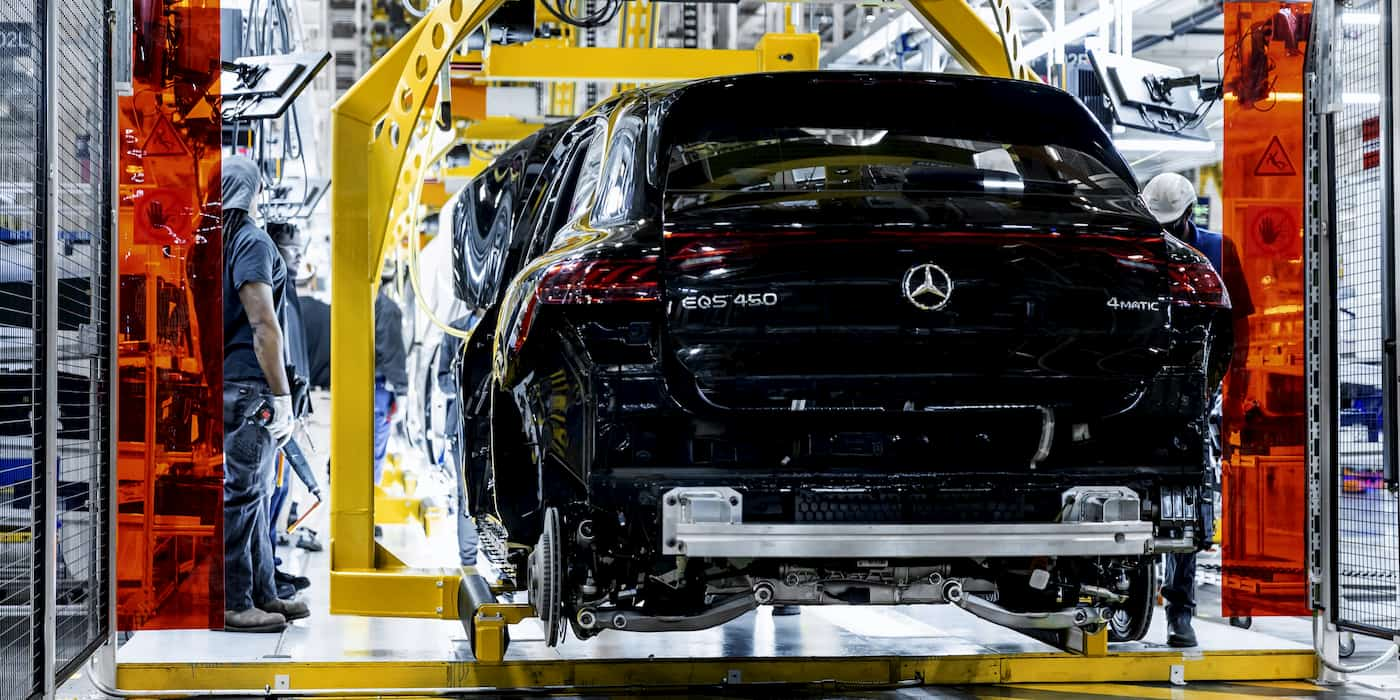
Simply days after the EU Fee decided EVs imported from China have an unfair benefit as a consequence of authorities subsidies and responding with increased tariffs, Germany, one of many area’s largest automotive markets, has spoken in opposition to the choice, stating the imposed tariffs may harm the success of native automakers promoting autos in China.
It has been an extended saga main as much as this week’s resolution by the EU Fee that Chinese language EVs have an unfair benefit in European markets following a probe that started final fall. Whereas the probe was happening behind closed doorways, the EU was already threatening tariffs on Chinese language imports.
In the meantime, the US didn’t want a probe (or many Chinese language EV imports, for that matter) to impose its personal steep tariffs. In retaliation, China threatened tariffs of as much as 25% on European-built fashions like these from Germany, for instance, imploring the EU to play truthful and never observe the US’ resolution.
Sadly for China, the EU Fee confirmed the outcomes of its probe, hailing EV imports as unfair as a consequence of native subsidies. Because of this, it introduced plans to slap huge tariffs of as much as 48% on these incoming fashions which are simply beginning to hit their stride in new markets abroad.
Days later, Germany spoke out in opposition to the EU’s resolution on tariffs, expressing hope there may be nonetheless time to succeed in an settlement to keep away from them. Or, on the very least, soften these percentages.

Germany argues Chinese language tariffs harm EU automakers too
Following the EU Fee’s resolution to impose tariffs on Chinese language EVs subsequent month, the federal government of Germany is stepping as much as attempt to mediate tensions and, ideally, cease the upcharges altogether.
Per Automotive Information Europe, a spokesperson with ties to Berlin officers who requested anonymity stated the group stays optimistic the EU can resolve the difficulty by direct talks with China. With allies abroad, Germany believes there’s nonetheless room (and time) to reverse or soften the tariffs, however each side should compromise.
Germany’s strongest argument is that retaliatory tariffs in opposition to China may harm native OEMs, together with Volkswagen, Mercedes-Benz Group, and BMW – all of which rely closely on gross sales in Asia, significantly China.
Mercedes-Benz is an particularly in style automaker in China, and its G- and S-Class autos, particularly, have executed nicely with these customers. Because the German automaker goes electrical, Mercedes has seen EV rising gross sales in China and intends to carry its new all-electric G-Class abroad this 12 months. Germany argues the EU’s tariffs may throw a wrench in these plans as its native OEMs may face the eye-for-eye wrath from the Chinese language authorities.
Germany’s Economic system Minister Robert Habeck stated there’s nonetheless time to cease this looming tariff escalation and can journey to China subsequent week to debate the difficulty with authorities officers.
FTC: We use revenue incomes auto affiliate hyperlinks. Extra.


